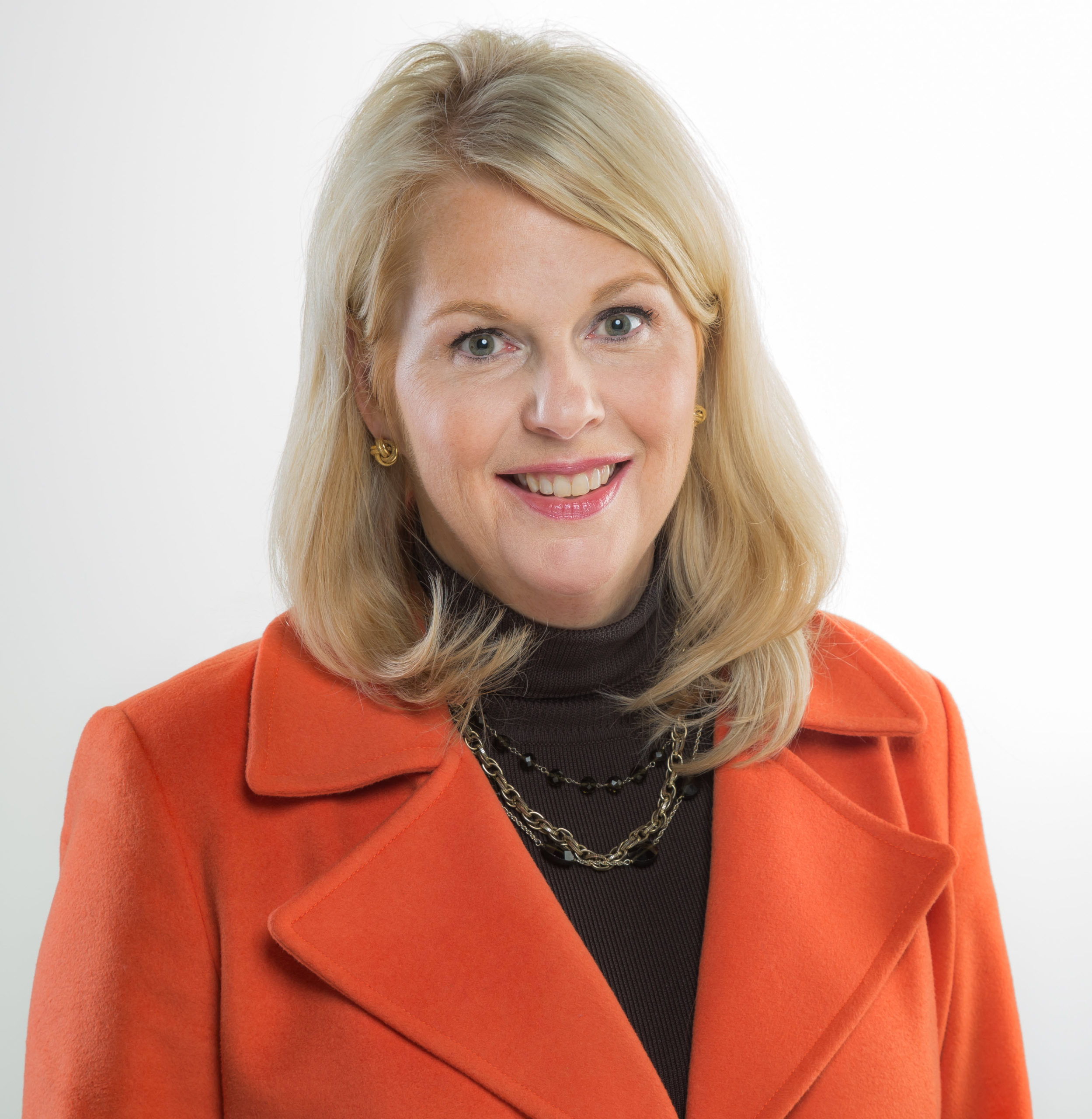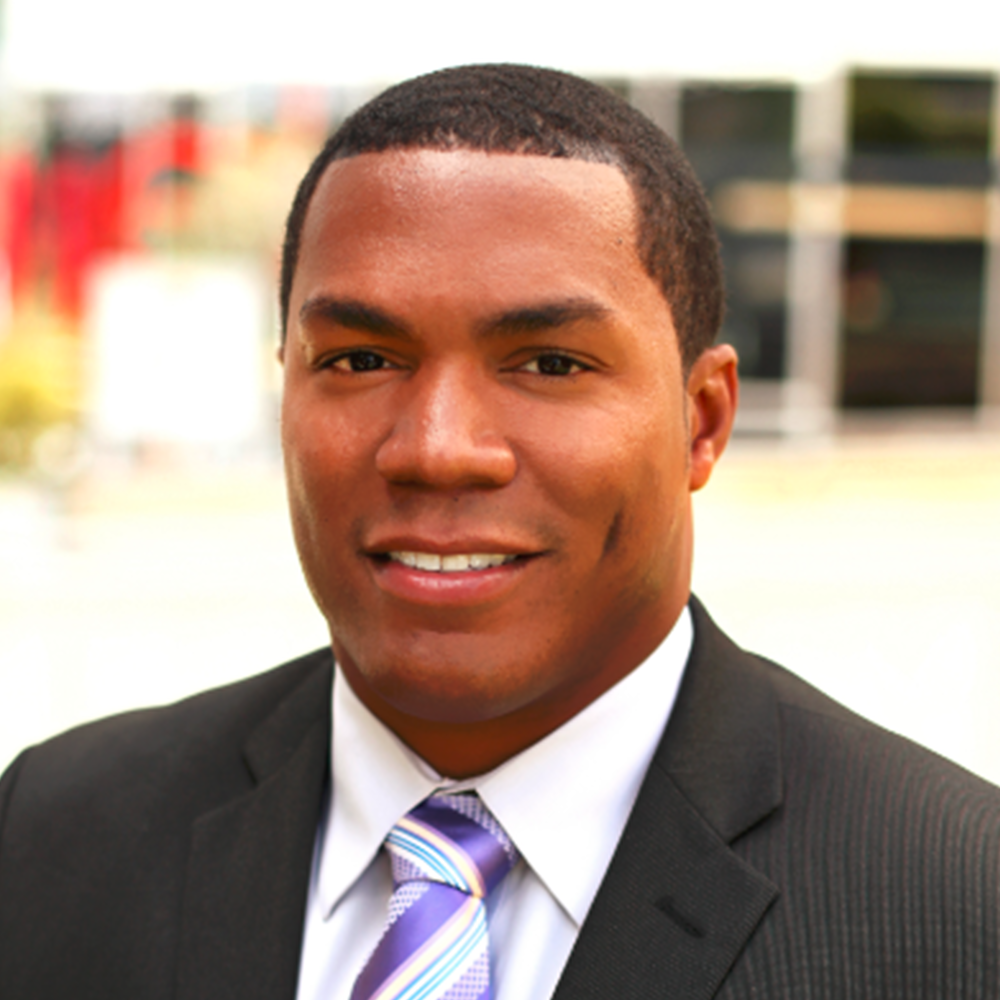As protests spread across the country last week in the wake of the killing of an unarmed black man by police, hundreds of companies took to social media and employee intranets to share statements of support for racial equality.
At Choice Hotels International, a hospitality franchisor with 1,400 associates around the globe, leaders sought to move beyond statements and instead engage employees in transparent dialogue.
“There have been so many times over the last couple of years where everyone has been ‘standing with’ or ‘standing up,’ but people–not just in our organization but everywhere–are looking for real change,” says Corinne Abramson, senior director of culture, inclusion and engagement at the company. “They want it to be real, more than words. We’ve heard words before.”
To that end, early last week, senior leadership–including CEO Patrick Pacious, CHRO Patrick Cimerola and Abramson–met with the chairs of the organization’s employee resource groups; when Abramson joined the company 10 years ago, it had five ERGs across seven chapter and it now has 11 groups and 27 chapters.

“We invited people to step up and they have,” Abramson says. “They’ve taken [their ERG involvement] very seriously and bring us concerns on a wide range of topics.”
Listening to those concerns was a primary focus last week, she says. All meetings took place through Zoom, as the company is working remotely at least through October because of the coronavirus pandemic.
[click_to_tweet tweet=”Two-way #communication is key, #DiversityandInclusion experts say #companyculture #employeeengagement” quote=”#companyculture” theme=”style3″]
The leadership team sought to understand how employees, particularly those from communities of color, were feeling and what else the company could do to provide support. The following day, Pacious shared a personal reflection on his LinkedIn page about the recent murders of people of color and detailed his conversations with ERG leaders. He also sent an internal email to all associates about the issue.
See also: How the world’s most admired companies drive D&I
“Collectively,” he wrote on LinkedIn, “there is a renewed commitment to go beyond our own perspectives to proactively understand and support each other and to become more effective allies to those who are impacted by racial injustice.”
That afternoon, he hosted a broader meeting with members from CHAARGE–the Choice Hotels African American Resource for Employees–and the following day worked to strategize long-term responses with the Diversity Advisory Council, whose members are appointed to three-year terms to address diversity and inclusion issues.
Manpower Group, a global provider of workforce solutions, is also taking a multilayered approach to engaging employees on the issue of racial inequality. On a webinar hosted by the Institute for Corporate Productivity (i4cp) this week, Christopher Rowland, Manpower Group global diversity officer, said the organization is planning a three-pronged communication strategy.

Leaders will convene small “family-style” conversations, with fewer than 10 individuals representing a range of demographics, across the U.S., starting in Minneapolis, where George Floyd was killed. It will also stage a town-hall-style event with leadership in partnership with Consciously Unbiased, particularly focused on engaging allies. Finally, it will host an open community forum in partnership with P&G.
“There’s no one forum to address all of the needs,” Rowland said, “so we had to think intentionally about how those all fit together.”
In the immediate wake of the Floyd killing, the company’s CEO and president both shared written thoughts with employees and consultants. President Becky Frankiewicz fielded some negative feedback for not mentioning Floyd by name in her reflection, Rowland said, which became a teaching moment.
Frankiewicz took the feedback and sent another message apologizing, explaining her intent and pledging to learn going forward.
“Everyone is not always going to say the perfect thing but it’s important to step out and take the risk and, for the folks receiving it, they sometimes have to have a little grace to say something doesn’t necessarily have to be perfect or else we’ll never get to the point where we can have transparent dialogue,” Rowland said.
Abramson says Pacious also acknowledged the complexities of tackling such a nuanced issue.
Choice Hotels has sought to help leaders navigate those discussions, sending out educational resources on allyship, opening challenging conversations and creating safe spaces. It also emphasized that leaders should do the work to educate themselves on racial injustice–not to expect the people of color with whom they work or lead to do the teaching for them.
“We’ve coached our leaders to understand no one of us is going to solve a systemic issue that’s 400-plus years in the making and it’s not just in our organization but a global issue,” Abramson says. “We’re not asking anyone to do that; we’re instead asking everyone to start these conversations and get to know how this issue has impacted our people and what we can do differently for the future.”

